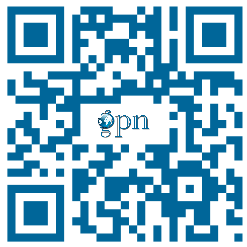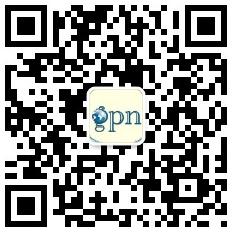When Solomon ascended to the throne, God gave him the opportunity to ask for whatever he wanted. He humbly acknowledged his inability to rule well and unselfishly asked God for the wisdom he would need to rule God’s people justly. God gave him wisdom and wealth (1 Kings 3:4; 10:27). In fact, his riches and wisdom surpassed all of the kings of the earth (1 Kings 10:23). God also gave him peace on all sides during most of his reign (1 Kings 4:20-25).
We need wisdom to govern ourselves and others, whether we are managing a family or governing an entire nation. Possessing wisdom in the long term can lead to riches and peace; without wisdom, we might never meet our needs, or even lose what we have, far from living the peaceful and prosperous life of a King Solomon.
Wisdom is a Divine gift as a result of enlightening experience, practical knowledge, and balanced judgment as well as the ability to make thoughtful decisions that God expects us to share with one another. So, for this section of ‘GPN CARE,’ you will make use of people’s wisdom to gain insight into your own situation. In so-doing, you will at least read some thoughtful quotes on life and philosophy from some wise individuals, some who are famous, and some who may not be known at all. In sum, we’ll share what we find that can be inspiring, stimulating and nourishing to our thoughts and actions to BE WISE, EVEN SLIGHTLY.
The first quote we have (see A.) is from an unknown speaker, but should be of the same impact to our lives as those from well-known personalities.
These “never” do tips that are ingredients of wisdom
Wisdom often comes in the form of sacrifice and strict self-discipline. Those who would seek to lead a life of wisdom would do well to pay attention to the following examples of discipline.
Never reply
when you’re angry.
Never make a promise
when you’re happy.
Never make decisions
when you’re sad.
Source: Unknown
The basic requirement of loyalty: disagree in private, support in public.
Wise people have integrity and loyalty. A lot of people claim to have integrity and loyalty, but very few stick to the true definition of those two words when it comes to life practice. While writing his book “The Art of The Deal,” the then business mogul Donald Trump, who became president of the United States, cited his friend Cohn as an example of loyalty. He said,
“You could count on Roy [Cohn] to go to bat for you, even if he privately disagreed with your view, and even if defending you wasn’t necessarily the best thing for him. He was never two-faced.
__ Just compare that with all the hundreds of ‘respectable’ guys who make careers out of boasting about their uncompromising integrity but have absolutely no loyalty. They think only about what’s best for them and don’t think twice about stabbing a friend in the back if the friend becomes a problem” (Donald Trump, 1987:100).
This is an excellent example of loyalty that people nowadays can learn from in order to drive their actions with wisdom. In particular, outspoken but inexperienced young people can gain from this example.
Valuing optimism vs. pessimism
Wise parenting emphasizes optimism rather than its counterpart, pessimism. Finding a glass “half full” instead of “half empty” is the classic example used for judging someone’s character as optimistic or pessimistic, but in real life your level of optimism can be best observed in how much you consider your fellow being, rather than just yourself. This notion should be taught to our kids, as in the figure below:

Source: Unknown






